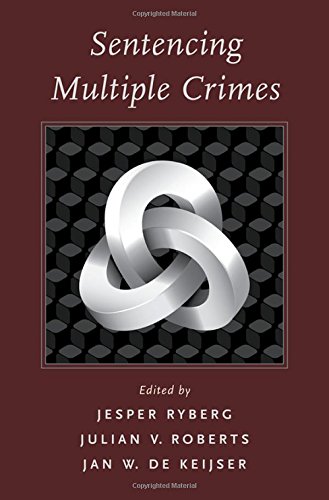
Most people assume that criminal offenders have only been convicted of a single crime. However, in reality almost half of offenders stand to be sentenced for more than one crime. The high proportion of multiple crime offenders poses a number of practical and theoretical challenges for the criminal justice system. For instance, how should courts punish multiple offenders relative to individuals who have been sentenced for a single crime? How should they be punished relative to each other? More than One Offense discusses these questions from the perspective of several legal theories.
This volume considers questions such as the proportionality of the crimes committed, the temporal span between the crimes, and the relationship between theories about the punitive treatment of recidivists and multiple offenders. Contributors from around the world and in the fields of legal theory, philosophy, and psychology offer their perspectives to the volume. A comprehensive examination of the dynamics involved with sentencing multiple offenders has the potential to be a powerful tool for legal scholars and professionals, particularly given the practical importance of the topic and the relative dearth of research about punishment of multiple offense cases.